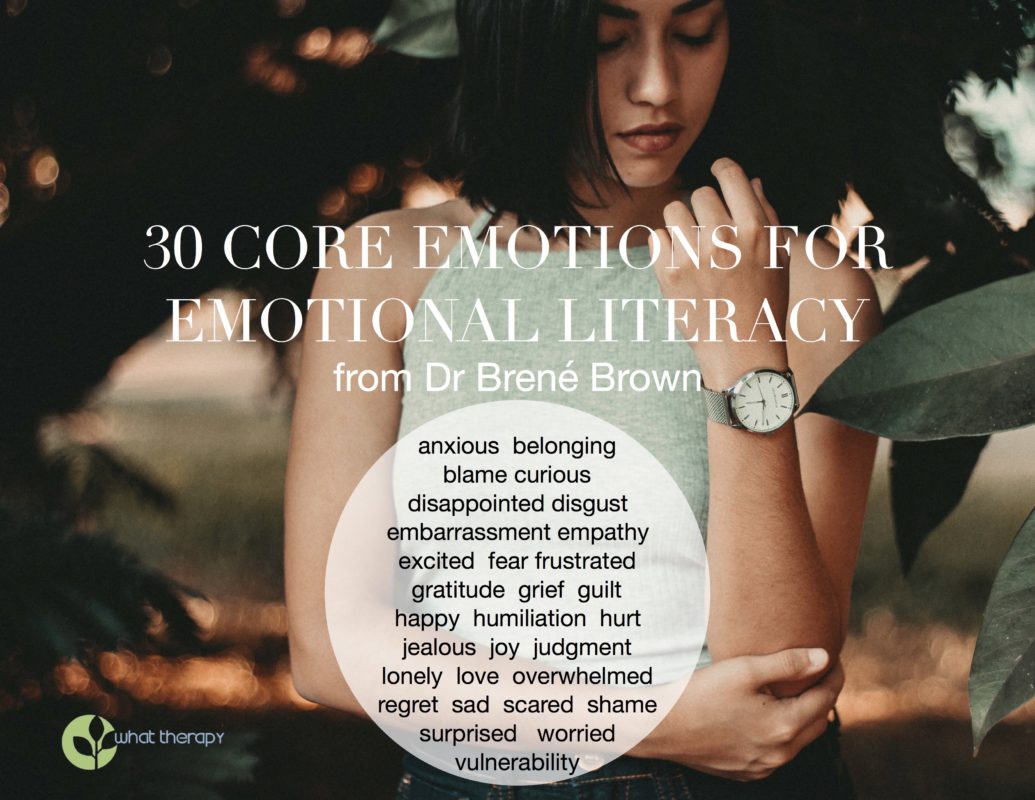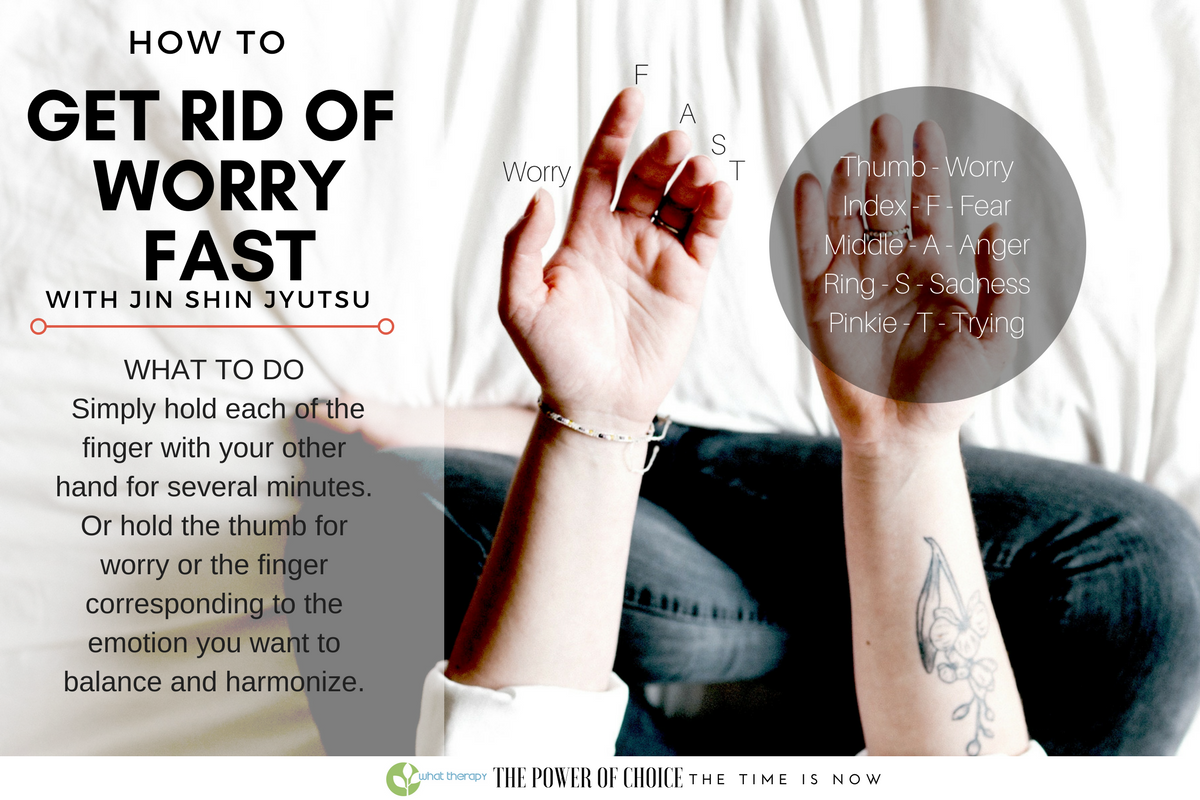Going home for the holidays?
If you are an expat living overseas, going home for the holidays may be once a year or even only once in a (long) while. For many people, going home is a mix of comfort and discomfort, joy and trepidation, even feeling like fish out of water. If this is you, you are not alone.
I spoke with some expat friends to see what are some challenges they face. Here are some of the common concerns. Do you relate?
- How to be authentic and not rude
- Needing to make small talk
- Feeling pressured to participate in rituals or gatherings that hold a different (or no) significance for you than your loved ones
- Feeling alienated, judged, rejected
- Dealing with tensions among people who otherwise never hang out, and even steer clear of each other if it weren’t for the holidays
- Cooking enough and the “right” food so everyone is happy, and so you don’t have to deal with snide/under-the-breath/passive aggressive remarks

Home for the holidays can be a lot of fun and it can be challenging. Yet family is family and they are our first tribe. Deep within all of us is the need to belong and also the need for approval from our parents.
How do we reconcile these emotions and have a happy holiday with family?
The only thing we can do is inner work and choose how to respond. If you are new to inner work, here are some tips to test out. Continue to practice them throughout the year, in different scenarios, with different people, before headed home. This is personal mastery.
First Things, First. What is Happiness for you?
First, decide what will make your holidays happy or at least happier. Happiness means different things for everyone. What is happy to you? Is it really happy or something else you wish to experience? Is it joy? Is it love, loving, loved? Is it belonging?
#Foodforthought – if someone is always in pursuit of happiness, can he/she actually dwell in it?
Decide how you will respond – to specific people and to the same recurring situations. Perhaps you have an auntie who insists on telling you you’ve gained weight or demanding why you are not engaged/married/pregnant? Or maybe all the siblings/cousins get compared.
It’s not only the black sheep of the family who feels the pressure. In many ways, they are used to it and even revel in it.
Also cultivate compassion for the achiever. It’s tough never to fail (in the conventional sense). And always have a sense of humour about everything, including especially about yourself.
Set your expectations and intentions. Remember everyone has their own struggles and inner demons and try not to take it so personally. (It does get easier with deliberate practice.) How would it be different for you if you knew, really knew, that people – everyone – are doing their very best?
Emotional Literacy
In her work, researcher storyteller Dr Brené Brown found that the average number of emotions people can articulate is 3 – happy, sad, pissed off. 3 seems ridiculous, as a myriad of emotions course through your system at this moment, in (complete) disbelief.
For emotional literacy, we must recognize 30 core emotions and we need emotional literacy so we can do what she calls The Reckoning, The Rumbling, and The Revolution of the Rising Strong process.
In the Reckoning stage, we feel what we are feeling, we get curious about how we are feeling, how we are as she calls it “hooked” – triggered, button pushed – because people are feeling (not thinking) machines and how we feel goes to how we think and how we behave.
So it’s important, this thing called emotional literacy.
Interested in the book Rising Strong? Check out this book summary by Dean Bokhari

5 Tips for a Happier Holiday at Home
① Routine
Chaos can be nervewrecking for many people and there is something chaotic about the holiday seasons – more traffic, more people out and about, lots of visual and acoustic noise. It can a lot of fun, too, and when it gets overwhelming, remember that.
Maintaining your routine, at least the core essentials, can go a long way to keeping you sane and grounded.
Do you wake up early for a run or to meditate? Keep that going. And remember to have a healthy sleep schedule. Sure, there may be late nights catching up with old friends and cousins and if this is the case, get in some catnaps. Sleeping in does not catch us up for “lost” sleep. Sleep is underrated for mood regulation, among other important functions. 20 minutes of napping is as effective as an espresso.
→ Have a health trip – see the ultimate packing list.
② A Sense of Comfort and Familiarity with Your Diet
Changing foods during an already stressful time (remember good stress is still stress) can overwork your digestive system. Why not ship a box of your favourite foods and treats ahead of your arrival? If you haven’t visited in a while, chances are you may not be familiar with the best places for all the things you love. Or you may find it difficult to fit in a trip to Whole Foods in between the many festive activities. And hey, you may get snowed in.
→ Try Gaia’s Liver Health capsules to support your body’s natural detoxification process.
③ Stay Grounded
Flying long-haul? Try to land during the day so you can get outside and sync up with the local rhythms. If you can, go barefoot and have some moments of solitude and quiet at the beach. Being barefoot on sand, earth, grass, and even wet concrete connects you to Mother Earth and instantly recharges you. It also discharges the static from being on the plane. Can’t go barefoot on the ground? Wear shoes with soles made with cotton, leather or other natural material or try some Earthing products.
Being grounded also means being anchored in your own body and self. This helps you maintain healthy boundaries in all your relationships. Remember – your family is the arena of your primary patterns and lessons in this lifetime. These do not disappear when you move away. (They may play out within your other relationships). When you visit your family, be more mindful of these patterns and projections. If you have time, book in some inner child sessions before the big family holidays.
Energetic boundaries are fields of seen and unseen energies that emanate from and encircle your body. The overall [electromagnetic] field filters energy and information, protects you from negative or intrusive energy or information, but also attracts to you what you need.
Cyndi Dale, Your Energetic Boundaries

④ De-stress
Everyone responds to stress the same way physiologically though not psychologically. Stress can trigger different old memories, wounds, and dysfunctional patterns. While it is important to feel and not suppress emotions that surface, blowing up is probably not how you want to spend your holidays. It’s tough for everyone.
If you do not meditate, simply making time for some quiet and deep breathing. Even five minutes can make a positive difference. Why not download some beautiful meditation music or a guided visualization to do each morning? It is a great way to set the intention and the tone of the day.
⑤Get some Me-Time
Depending on your schedule and your situation, getting consistent and long stretches of me-time may sound impossible. It’s not. Me-time, at any rate, does not have to be elaborate or “intrusive” on your holidays.
First drop all judgment about me-time – “what will other people think of me? Me-time is so selfish. Christmas is about family. I don’t need any me-time”.
Me-time is an essential ingredient of self-care, which may sound indulgent. It is not. It is part of having healthy boundaries. We all know this example by now – we put the oxygen masks on ourselves first on the plane in case of emergency. Not because of selfish reasons but how can we help those who need our help if we are not functioning? On the plane, this would be your kids and family and any fellow passengers. In life – why wait for emergencies?
Do whatever it is that you need in me-time. Listen to uplifting music. Go for a walk around the block. Have a bath. Sniff some essential oils. Apply Aura Soma.
Dr Brené Brown found that the most compassionate people had one thing in common – boundaries. It is much easier to be generous when we are able to set boundaries that are respected and be intergrous within our boundaries.
How do these Tips work?
The most important “result” of these suggestions is for someone to be grounded in who they are. This means they can see, understand, and acknowledge their needs and not put everyone else above themselves. Light is shed on the patterns and through this lens, someone can see where or why they have felt slighted. Have they always kept quiet when asked what ice cream they would like and then feel less loved.
Assume positive intent.
Brené Brown, Rising Strong
There is a tendency, even as an adult, to seek approval from our parents and this seeking gets transferred in general to other relationships when the underlying need lies hidden and unaddressed. Or perhaps worse, shamed and shunned.
The truth is that on some level, everyone is the same but we are a bit self-centred that way, and we only see our own hurt and our own faults and limitations. We forget that we are good enough.
Another “result” of these self-care tips is to raise our vibration, access a sense of vitality, and have a deeply felt experience so that we become aware of our own shadows and projections and at some point, move from the mind to the heart and see life from a broader perspective, beyond duality and surface conflict. We need to see both yin and yang and understand that it is part of a whole and neither one is bad or good.
Some people may feel this is a tall order and familial harmony is not possible. That may be true, at least in this moment. Some family patterns and woundedness may run deep and need focused work with different practitioners. In the meantime, do try these tips. We’ve all got to start somewhere. Why not here, why not now?

